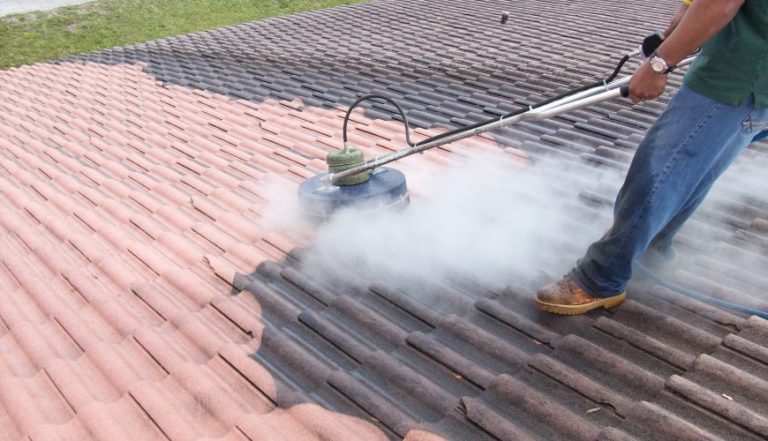Water, Waste, and Wallets: The Hidden Cost of Everyday Damage
Every day activities often seem mundane, but they accumulate costs that many homeowners overlook. The routine use of water, production of waste, and unexpected repairs form a trifecta of hidden financial burdens. This article delves into the intricate relationship between water usage, waste generation, and the unforeseen costs they incur. Many are unaware of the financial implications water and waste bring to a household. Awareness and proactive measures can be key to mitigating these hidden expenses.
Firstly, consider water usage and its potential for damage when not managed properly. Each day, a significant number of individuals encounter unforeseen water-related incidents. According to Ruby Home, a startling 14,000 people deal with water damage on a daily basis. The extent of this issue highlights the urgency of implementing preventative measures in home maintenance. Over time, what begins as a minor inconvenience can escalate into a severe financial setback.
Waste generation is another example of the concealed costs residents face. The Environmental Protection Agency points out that an average person in America creates 4.9 pounds of solid waste each day. Beyond environmental ramifications, this generates an economic burden for waste management. The costs associated with waste disposal and recycling are often embedded in municipal taxes and utility bills. Homeowners should thus be conscientious about how waste reduction can positively impact both the environment and their finances.
Water Damage and Financial Implications
Water damage can lead to extensive repair costs, which may surprise many homeowners. Early identification and swift action can prevent minor issues from ballooning into major expenses. According to an article in Forbes, the cost of professional water damage restoration can range anywhere from $1,300 to $5,600. Such expenditures are hardly trivial and emphasize the need for regular plumbing inspections and home maintenance. Taking preventive actions can significantly cushion the financial blow of potential water damage.
Insurance is another element to consider when assessing the costs related to water damage. While many home insurance policies cover such incidents, homeowners may face hurdles with claims and coverage limits. Often, people uncover that their policies do not fully cover the extent of the damage, leading to out-of-pocket expenses. Understanding one’s insurance policy and ensuring comprehensive coverage is crucial. Additionally, documenting any damage can aid in facilitating smoother claims processes.
Waste Management and Home Economics
Waste management must be viewed from both an environmental and economic perspective. The financial obligations tied to waste disposal are often underestimated. Reduction in waste not only benefits the environment but also lessens the economic burden on households and local governments. The 4.9 pounds of waste generated per person daily, as noted by the EPA, poses not just ecological challenges but also financial ones. Implementing recycling and composting can stave off these hidden costs.
Efforts to decrease household waste can lead to substantial savings over time. Reducing consumption, reusing items, and recycling can significantly decrease the volume of waste produced. This, in turn, can reduce costs associated with garbage disposal fees and local waste management taxes. These small changes in daily habits can aggregate into noticeable savings for homeowners. Moreover, embracing a more sustainable lifestyle has added side benefits such as an increased sense of community responsibility.
Balancing Costs and Resources
In summary, the hidden costs of water and waste can significantly impact a household’s finances if not properly managed. Understanding the broader scope of these issues helps illuminate the importance of preventive strategies and mindful consumption. From water damage repairs to waste disposal, the economic effects are pervasive and unavoidable without due diligence. Knowledge and home planning serve as powerful tools in mitigating unnecessary costs.
Homeowners can take actionable steps to safeguard their finances and reduce their ecological footprint. By making informed decisions and investing in preventive measures, they can navigate the complexities of home management effectively. Small, everyday actions — such as fixing leaks, minimizing waste, and choosing sustainable products — can lead to significant long-term savings. This proactive approach not only benefits personal economics but also contributes positively to the broader community.

